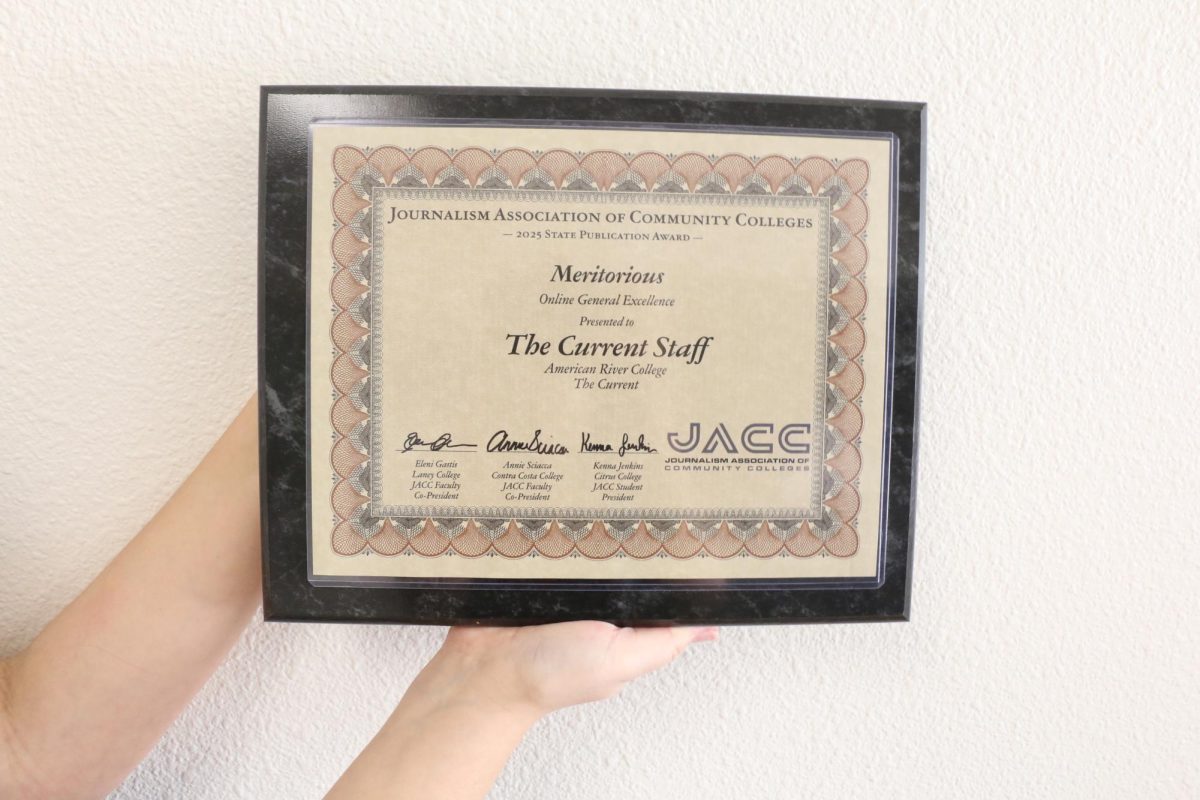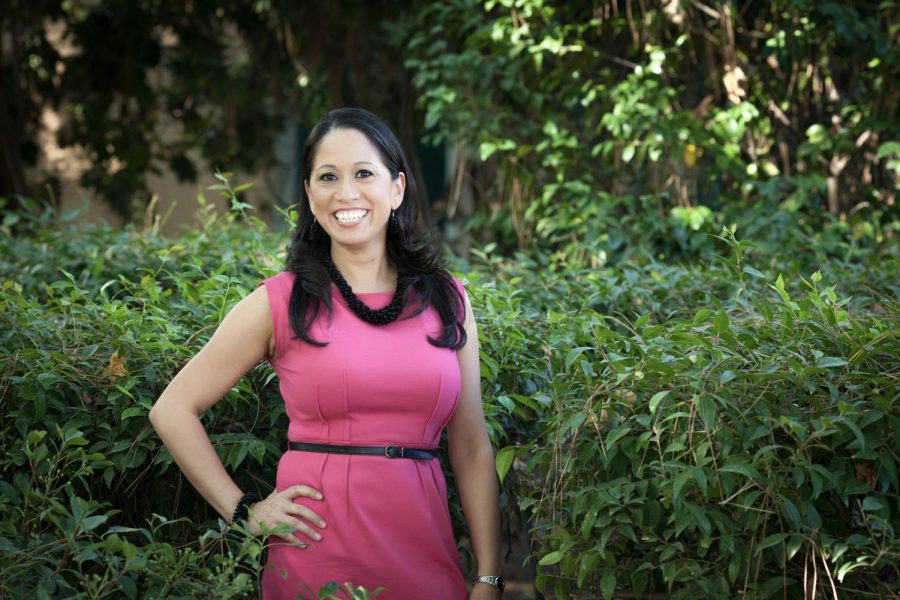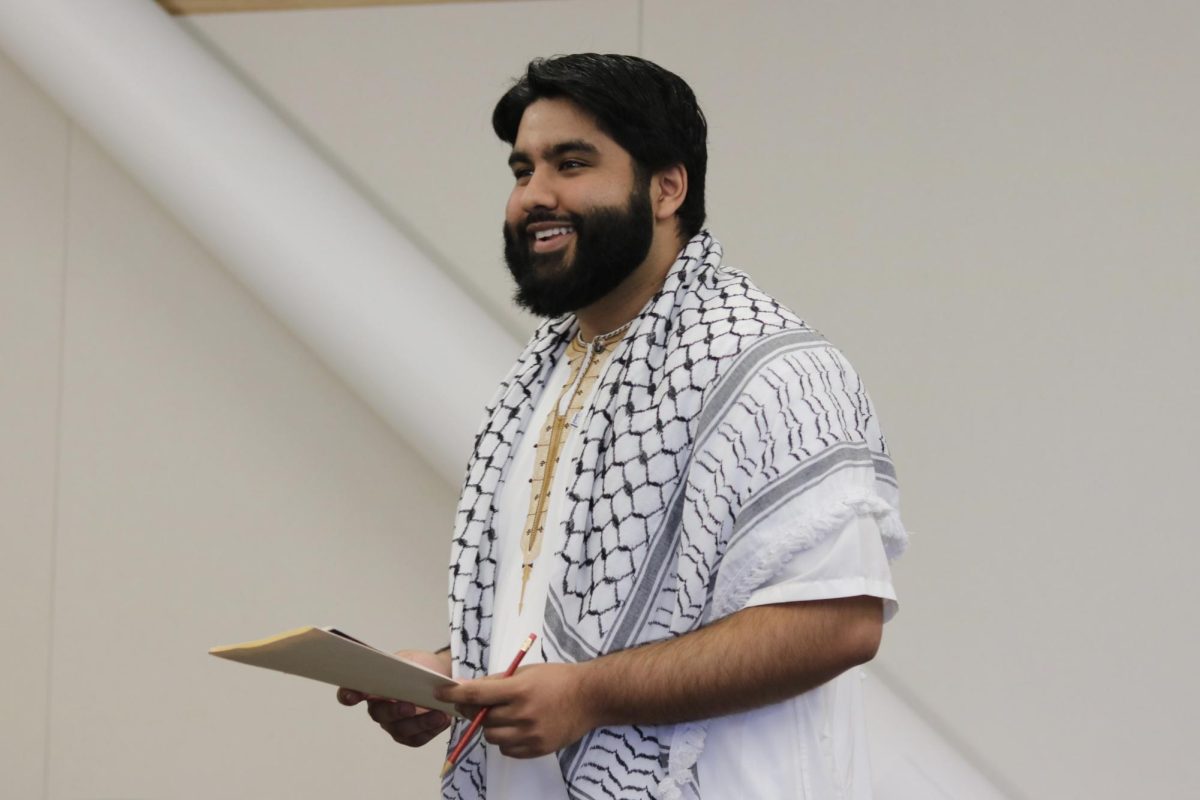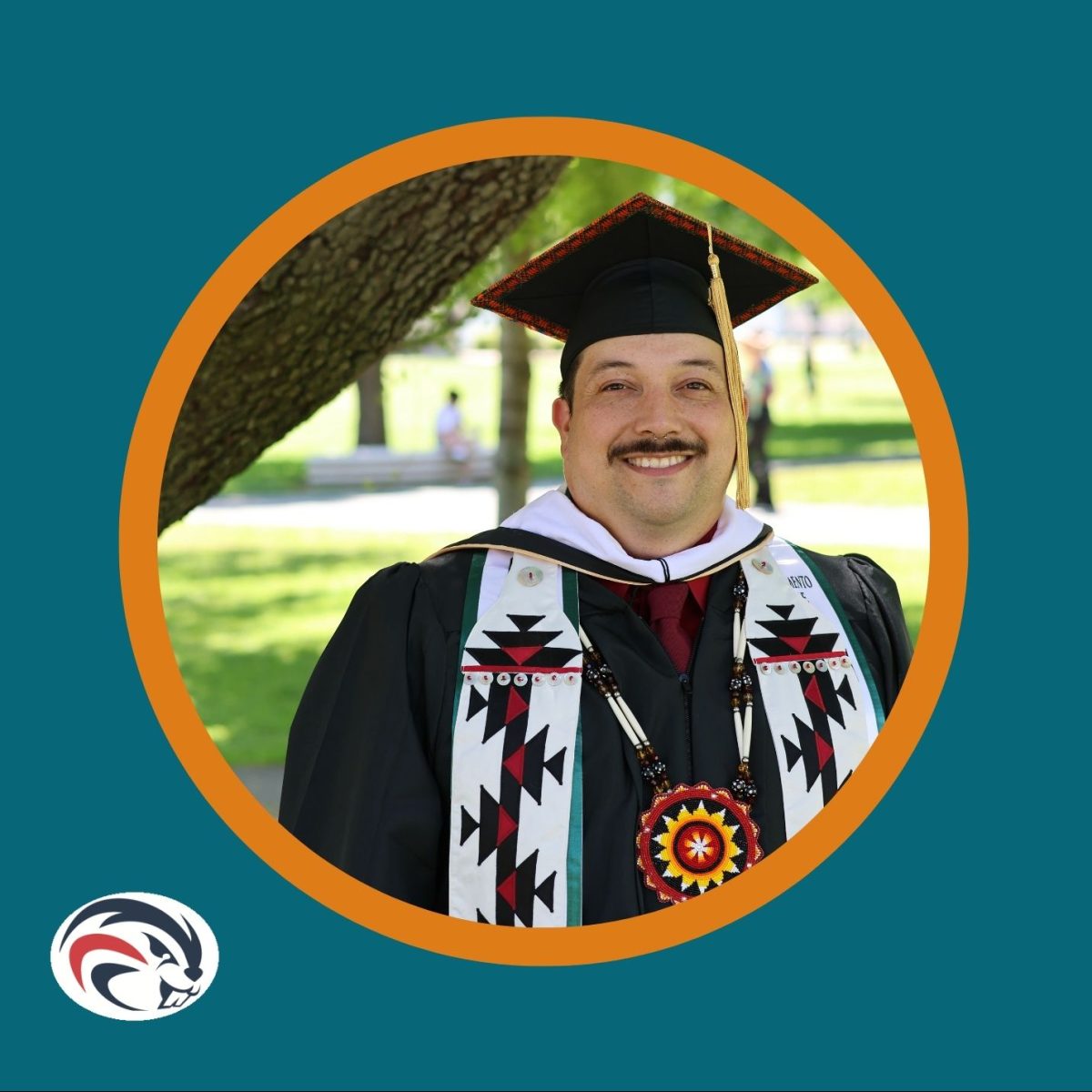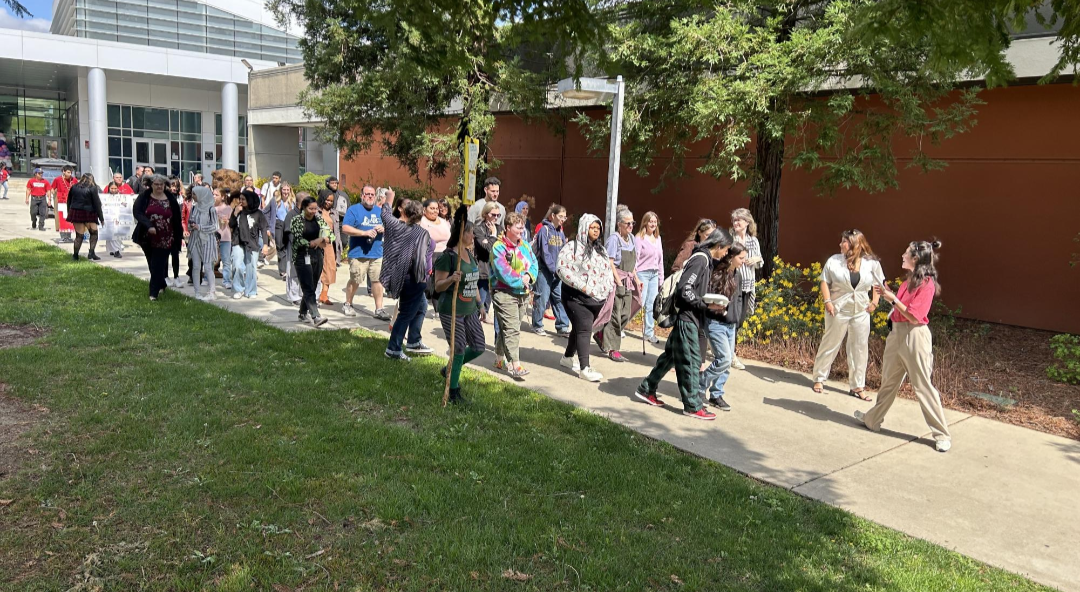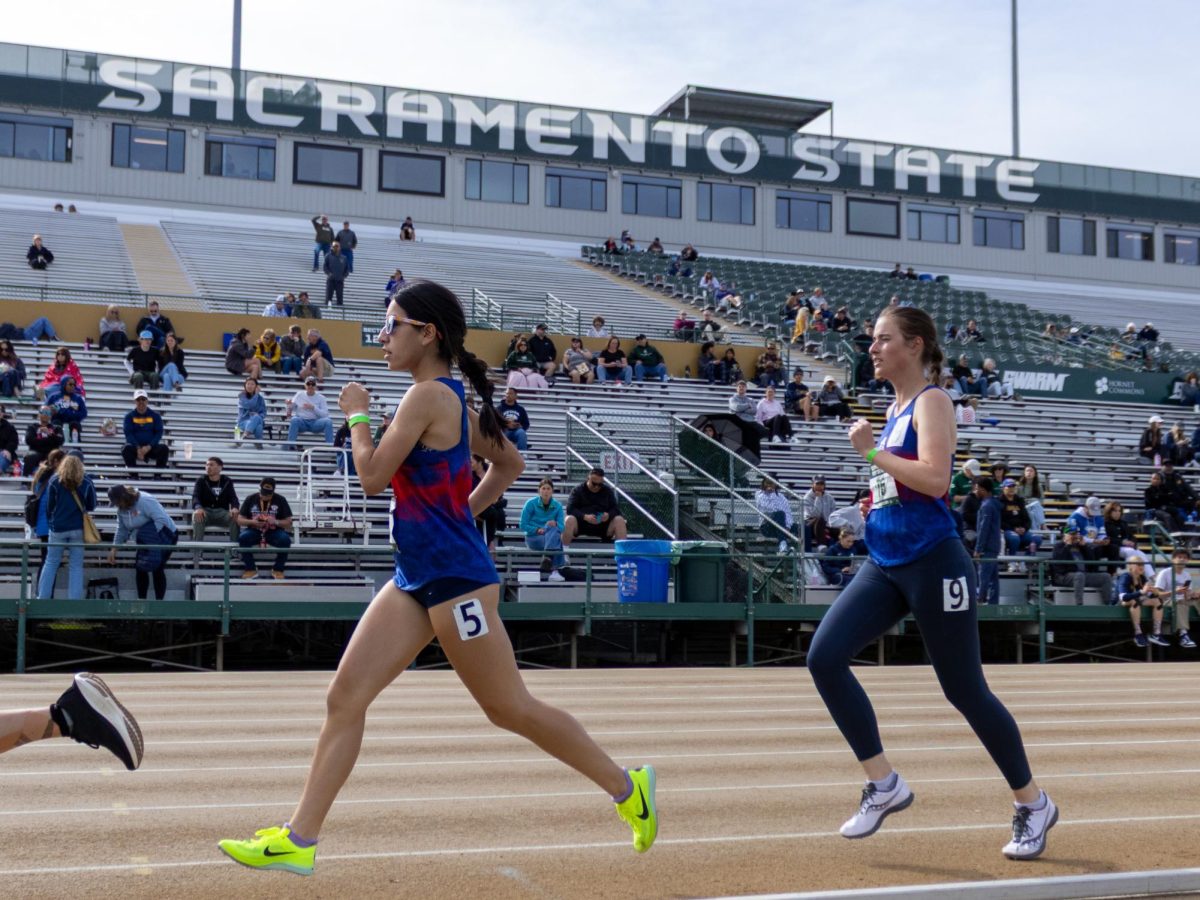On Feb.13, the American River College Associated Student Body set up a table outside of the STEM Center. At this table, people can go to register to vote or find resources to be more active in civic responsibility leading into the March 5 election.
Those walking past the STEM Center may find a large canvas board showcasing the signatures of citizens that have taken a vow to be more civically engaged. This includes faculty just as much as students, as ARC President Lisa Cardoza’s signature can be seen among the many signatories.
Once registration is complete, a voter may be interested in knowing more about the candidates for elected office or bond measures that affect them. The volume of information by different groups with special interests flooding into someone’s social media feed can make the hunt for reliable information seem daunting.
Anne Gillman, ARC political science professor and chair of the political science department, supplied some tips on the value of a vote as well as how to navigate through the noise when exercising civic responsibility.
“When you’re talking about your taxes, how the money is being spent, people tend to underestimate the role of Congress, both state and national legislatures,” Gillman says about the importance of primary elections. “When you’re talking about things like foreign policy decisions, the Presidency is extremely important.”
Gillman says that voting can be overwhelming and that finding information voters can trust is difficult, but she does have some recommendations to combat that hesitation.
“Have confidence in yourself, do the best you can,” Gillman advises new voters. “Make sure that you’re getting information from a variety of sources.”
Not all sources of information are created equally. For example, getting information from places like social media may restrict a voter to only receiving information about incendiary subjects that evoke an emotional reaction rather than receiving viable information. One method of avoiding this trap is by having one on one conversations.
“[Having conversations] is a helpful way to make sure that when you think about who you’re voting for, you’re as well informed and as thoughtful about it as possible,” Gillman said. “But then getting the right facts helps you align your vision for what you want with the right policy options that would take you in that direction.”
Research isn’t just needed for ballot measures or which presidential candidate to choose. The candidates are all looking to capture the affections of voters, and voters can take the opportunity to research the candidates just the same as the ballots.
“It’s really a job interview,” Gillman says in reference to representatives running for elected office. “You’re looking at their qualifications, their proposals and you’re looking at who could manage difficult situations.”
Come March 5, it’s the voters who decide who gets the job.
If students don’t get the chance to stop by the voter registration table, they can find the California Secretary of State’s online voter registration portal here and find a source for various links for research here.



